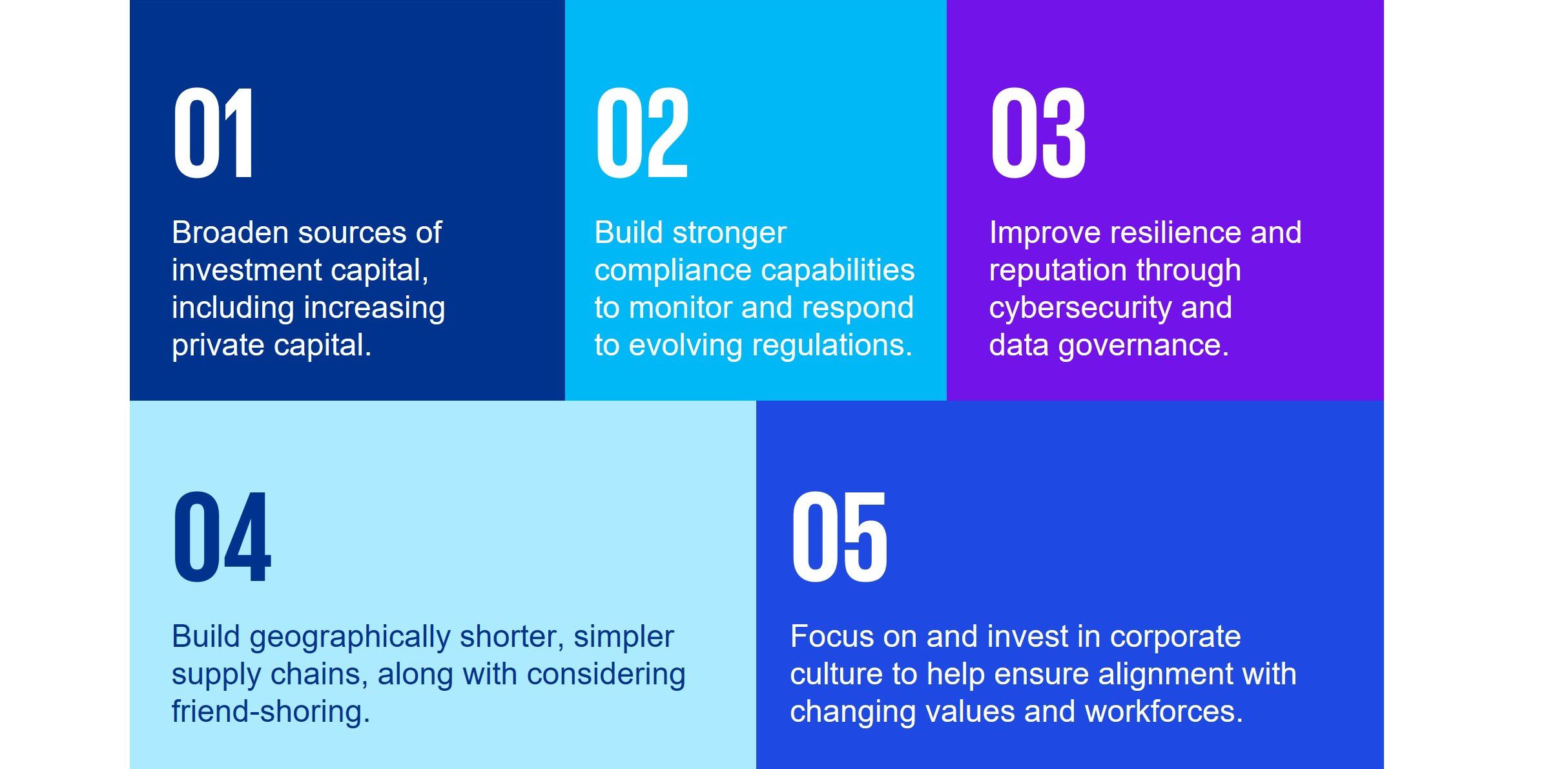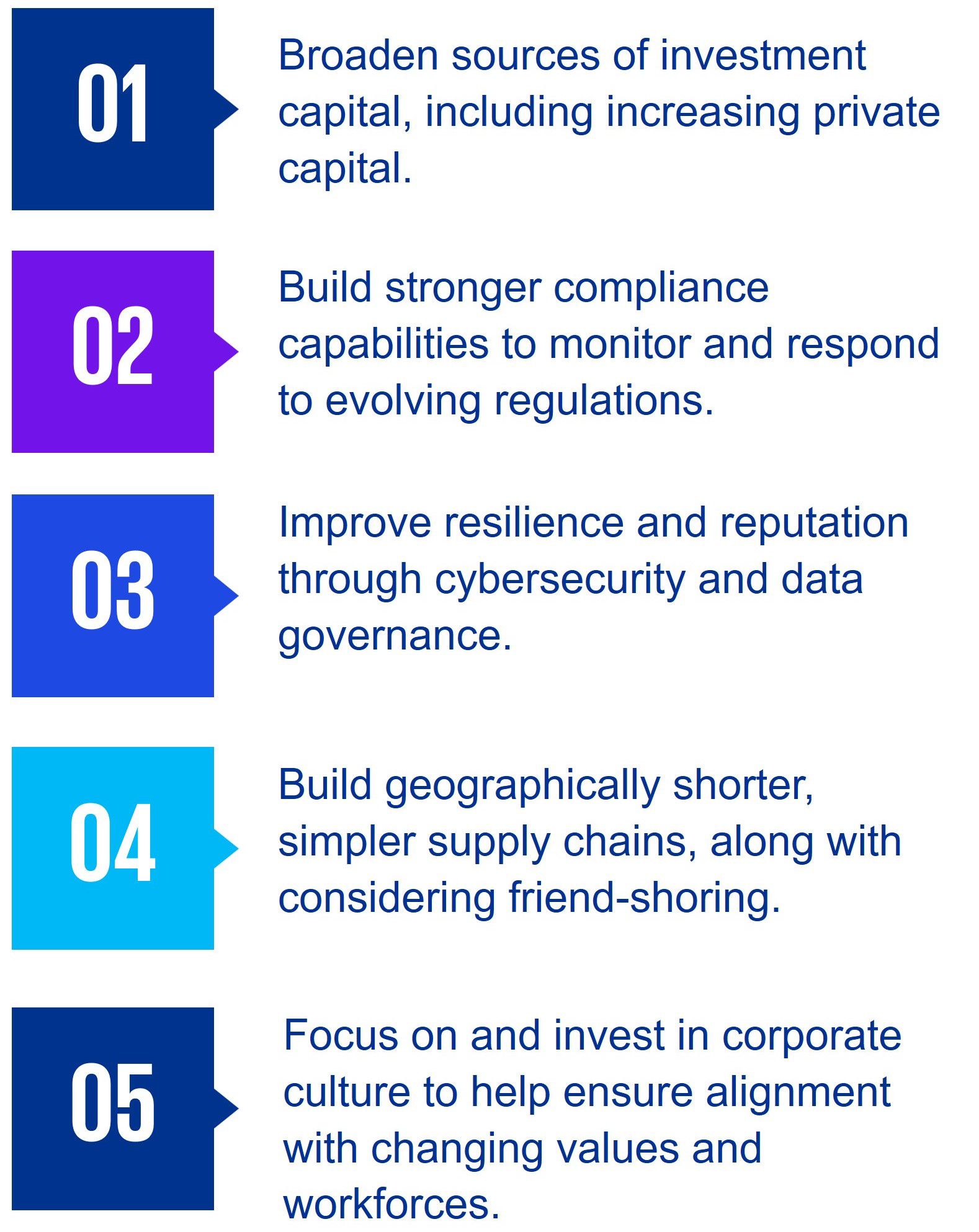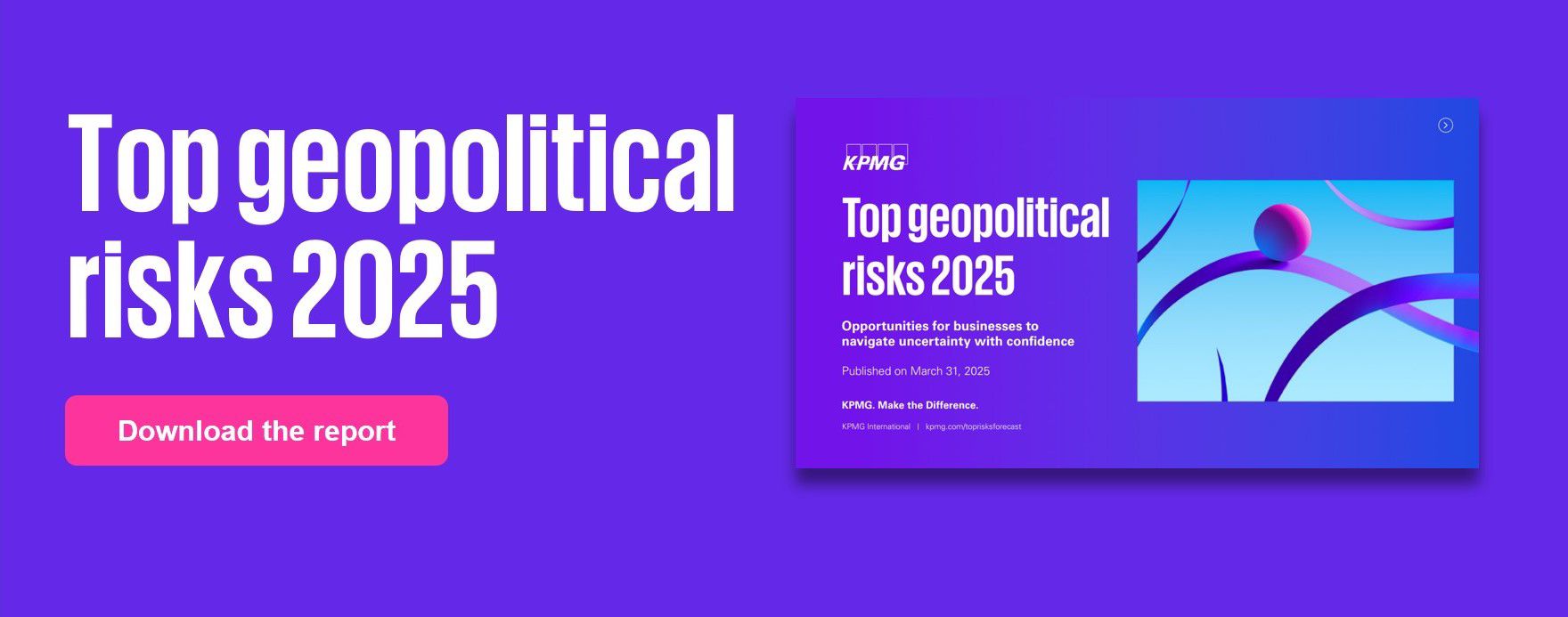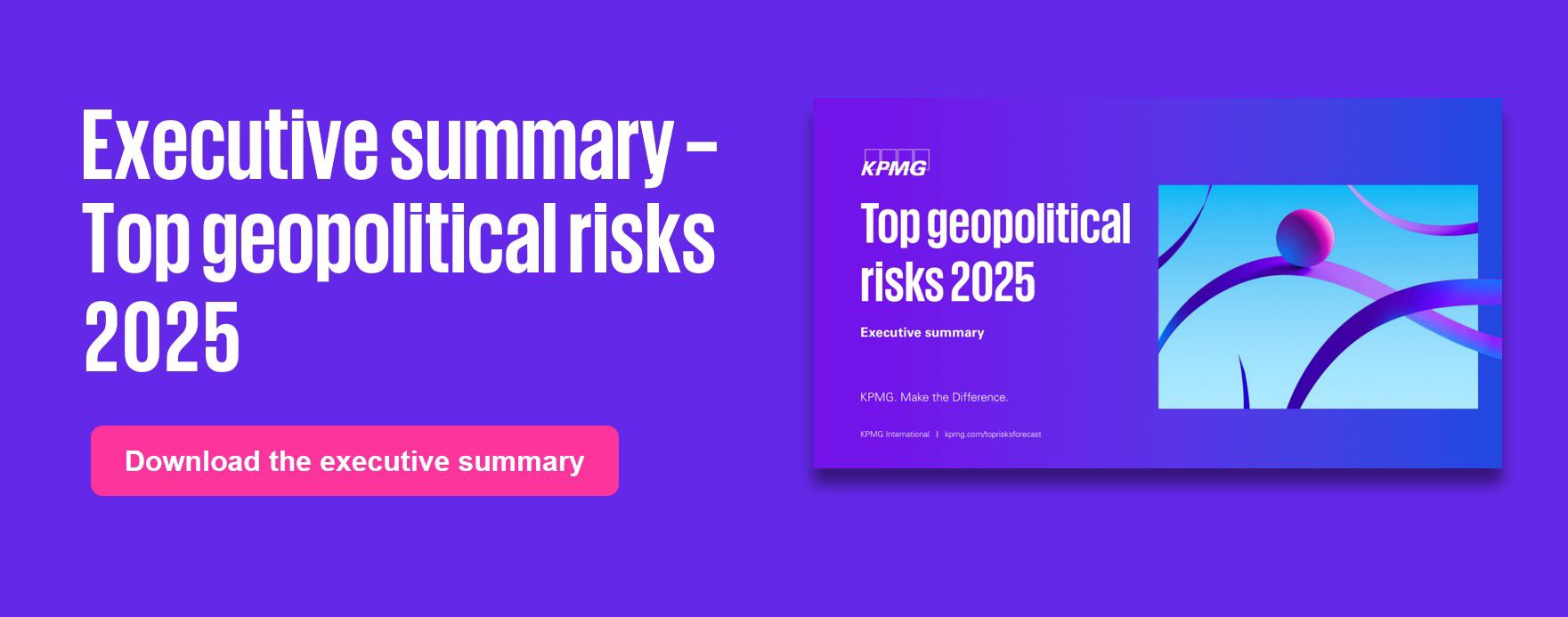With heightened global headwinds — from shifting power dynamics and political crises to escalating geopolitical tensions, changing alliances, and the rise of AI — organizations are navigating a rapidly evolving technology and business landscape. In such times of unpredictability, businesses must respond with speed and agility, while remaining prepared to adapt to a landscape that is constantly in flux.
The ongoing geopolitical shifts, such as the Liberation Day tariffs, are contributing to the broader trade war and emerging risks in global trade, creating ripple effects across various countries, including Malaysia. The 24% reciprocal tariff, despite Malaysia’s assurance of no retaliatory measures, poses challenges for businesses in multiple sectors. However, Malaysia remains an attractive investment destination, buoyed by its stable regulatory environment, strong macroeconomic fundamentals, and investor confidence. In response to the evolving trade dynamics, companies are increasingly diversifying their operations, with ASEAN countries playing a crucial role in the emerging global supply chain.
To help organizations navigate these complexities, our Top geopolitical risks 2025 report provides an in-depth look at five of the most pressing geopolitical challenges businesses will face in the coming years. With perspectives from more than 100 KPMG professionals across many global sectors and with clients of all sizes, this report emphasizes that, no matter what lies ahead, organizations have the potential to turn challenges into opportunities. By treating geopolitical risk as an asset and aligning risk management with strategic objectives, businesses can better prepare for the challenges ahead and move the needle toward more resilient and diversified strategies, despite the uncertainty that lies ahead.
Top trends
New trade alliances and investment hubs are redefining global power dynamics. The US is imposing tariffs, eliciting retaliatory responses, while new economic ‘nodes’ are emerging outside of traditional investment centers.
Regulations and tax are evolving at different speeds in different geographies. Minimum global tax is becoming adopted by many countries, while others are withdrawing from multilateral tax policy.
Shifting alliances (based upon national security concerns) and fragmented regulations add to complexity, while the emergence of new Generative AI (Gen AI) players challenges US dominance. Regulators are struggling to keep pace with new Gen AI solutions, and a rolling back of regulations could leave AI models out of control. Geopolitical competition in AI and other technologies (i.e. quantum computing) is creating technological blocs around the US and China, thus jeopardizing international cooperation and access.
Geopolitical rivalries, trade protectionism, conflict, competition for resources, cyberattacks and climate events place severe strains on globally exposed businesses. Wars and tensions pose rising threats to key shipping choke points. Countries are adopting protectionist measures to safeguard and diversify their supply chains, including energy, food and critical minerals.
Aging populations, mass retirement, falling birth rates (in developed markets), changing worker preferences, culture wars, AI integration and reskilling bring major workforce challenges.
Key considerations for business leaders


Methodology
The report presents insights derived from extensive research, data analysis and case studies, including interviews and workshops with more than 100 KPMG professionals working across many global sectors and with clients of all sizes. Our secondary research includes KPMG reports, literature, academic papers, industry reports, and intergovernmental organization publications.






